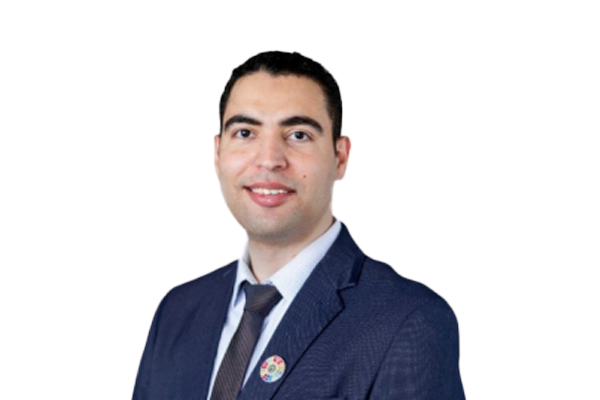Achieving water security in the Middle East and North Africa (MENA) region is an enormous challenge. e area is one of the most water-scarce regions in the world. It struggles with limited renewable water sources and is beset by increasing demand coupled with less supply amid climate change. e rapidly increasing gap between the supply and demand of water in the region has forced the MENA governments to overuse groundwater and erect massive desalination plants that have lead to environmental degradation. At present, the MENA region produces around 40% of the total desalinated water worldwide. Desalination capacity is expected to grow particularly in Saudi Arabia and the United Arab Emirates (UAE), despite the environmental costs. Water security in MENA is also under mounting pressure from multiple directions. e war in Ukraine and the COVID-19 pandemic have created additional strains on water and food security. Shifting the status-quo in the region is urgently needed, yet the challenge of bringing about change is enormous. In terms of socio-economic and political conditions, the MENA region is incredibly diverse. is diversity can contribute to conflict and political instability. It also prevents the region from dealing with the triple threats of climate change, rising food and energy costs, and economic crises, all of which exacerbate poverty, inequality and underdevelopment. However, there are a range of strategies available Ò that can help the region do more with available water resources. is paper proposes the PROACTIVE framework for a new paradigm to water security; Priorities, Resilience, Opportunities, Adaptive solutions, Coherence, Technology, Innovation, Vision, and Early recovery. is would see closer cooperation between regional partners and the implementations of a systematic approach. e governments of the MENA region will need to move forward in each PROACTIVE area if they are to ensure future water and food security for all.




